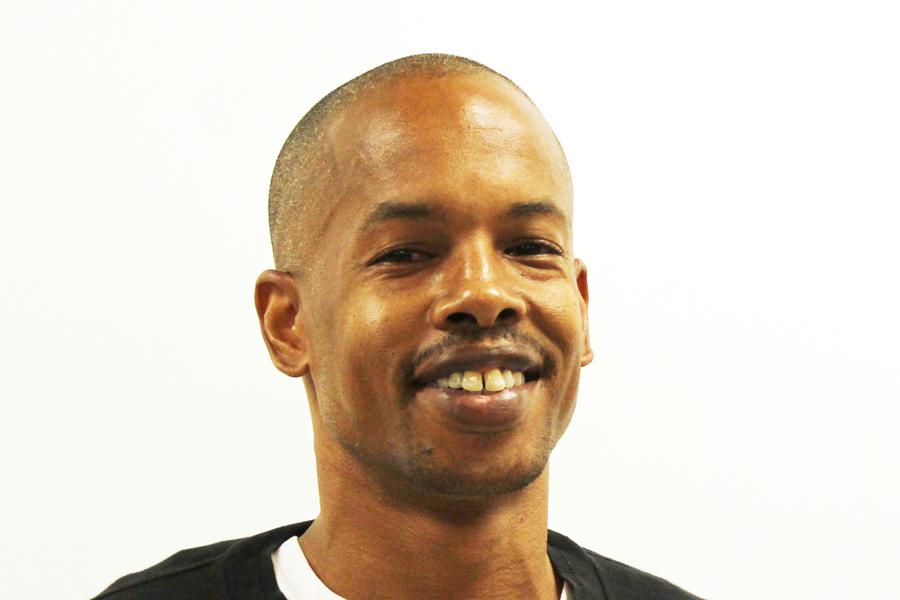Coaching style from strategy to the field
Off the record
Oct 7, 2014
Of the athletic teams currently competing in the Bay Valley Conference for Contra Costa College, only two are above .500. All of the coaches agree that it is easier to win with talented players, but there is no consensus regarding a talented team always beating a well-coached team.
Men’s soccer coach Nikki Ferguson says it’s hard to compare coaches across different sports.
“It depends on the sport and the personnel,” he said. “Football is much more emotional so it is easier to adapt to the fiery personality of the coach. In soccer, it’s more of a management situation so I stress accountability and responsibility.”
Comet football coach Alonzo Carter has seen many talented teams without solid coaching dissolve into the dust of what could have been.
“Good coaching is always important,” Carter said. “But it never hurts to have a few (good players) on the team.”
His emotional coaching style is as much a part of the action as the game itself. The combustible Carter reacts in contrast to the measured emotional bursts from Ferguson. However, both seem to achieve the desired results — prideful and accountable play, and a winning record.
Holding on to your coaching philosophy is important, but it has to be flexible to adjust to your current players.
Volleyball coach Zachary Schrieve adjusted his focus in accordance with his team’s limited size and depth. Players give 100 percent every game.
“They really pick each other up. They are supportive and have become really good friends,” Schrieve said.
Attainable goals keep things in perspective; the team wants to be in contention for the California Community College Athletic Association Scholar Team Award.
“We have a very smart squad. Our team GPA is 3.2,” he said.
Schrieve’s bench demeanor is focused, less demonstrative than Ferguson, and in a different category than Carter.
The newest coach on campus is women’s soccer coach Amanda Beckenhauer. Much like Schrieve, she usually keeps her emotions tucked snuggly under her vest. Her managerial styled approach is rooted in a belief that constantly barking orders to players “does more harm than good,” Beckenhauer said.
She said players will not instinctively respond to in-game situations when out of earshot of the coach’s instruction if they get used to taking orders while playing — a sound strategy that has not translated to wins yet.
Previously Ferguson’s assistant, Beckenhauer’s managerial style, coupled with her own philosophy, could become a recipe for success. But not adjusting to the current situation is not making getting the square peg to fit into the round hole any easier.
In games this year when Beckenhauer vocally positions her players and engages them, the team makes fewer mistakes caused by being out of position.
“You have to make adjustments, but it depends on the team,” Ferguson said. “You never stray too far away from your overall philosophy.”
All four Comet squads are currently in the conference portion of their schedule.



